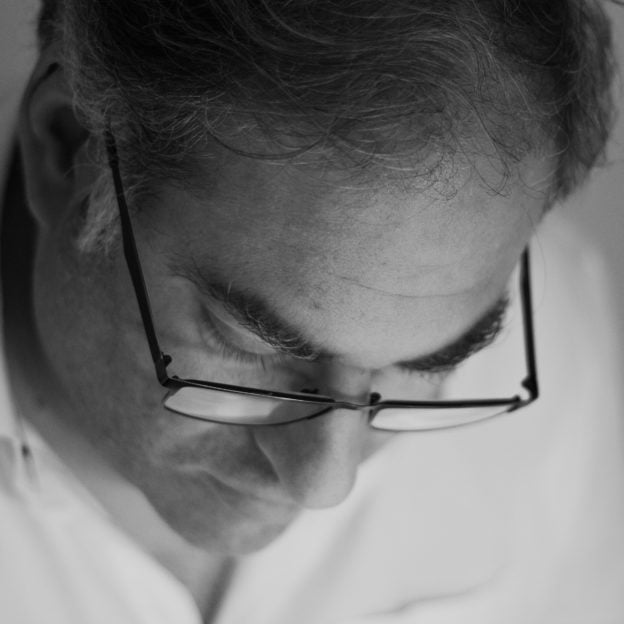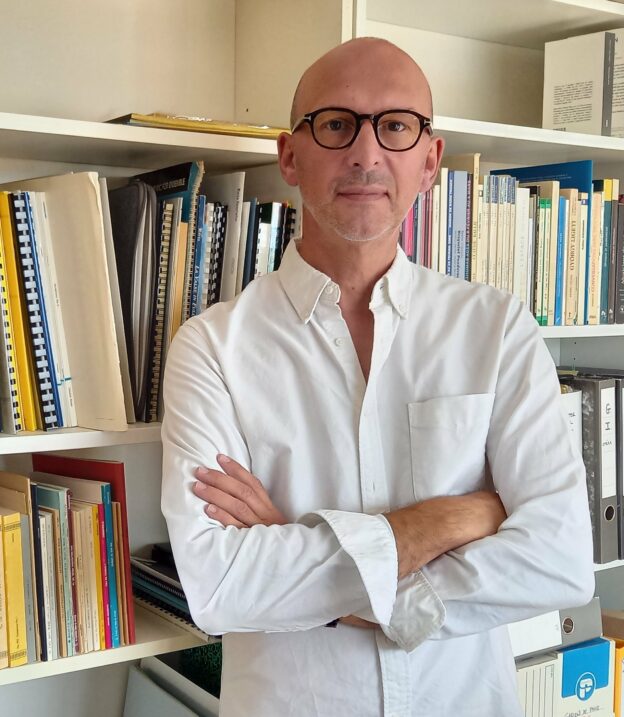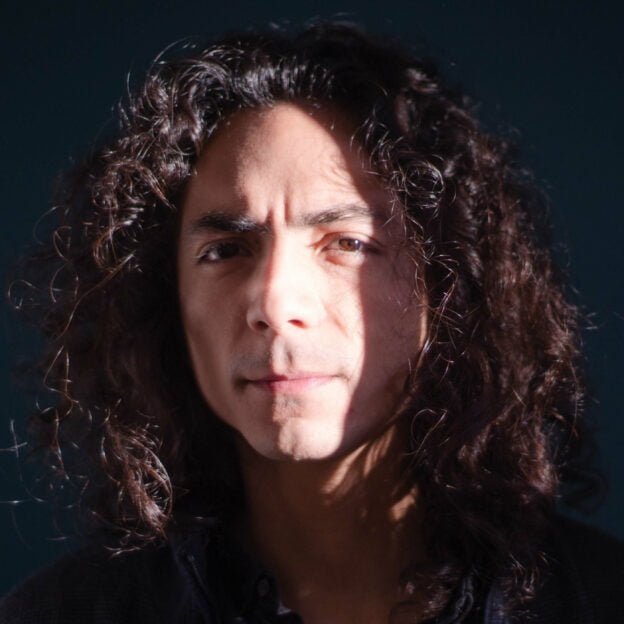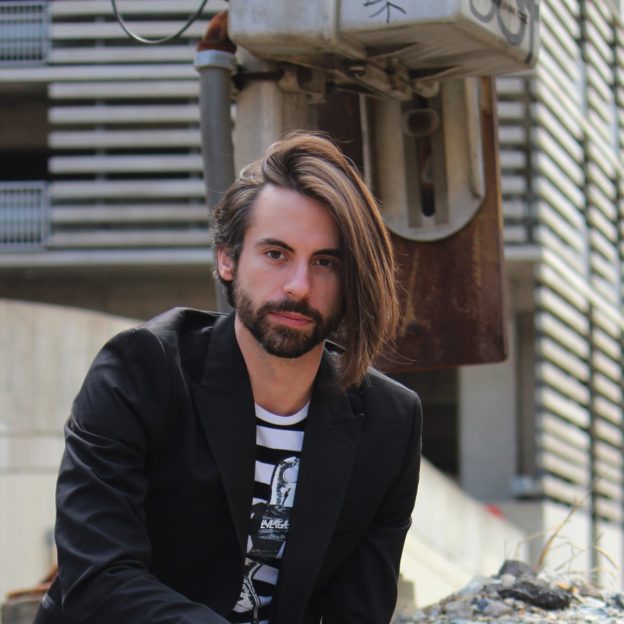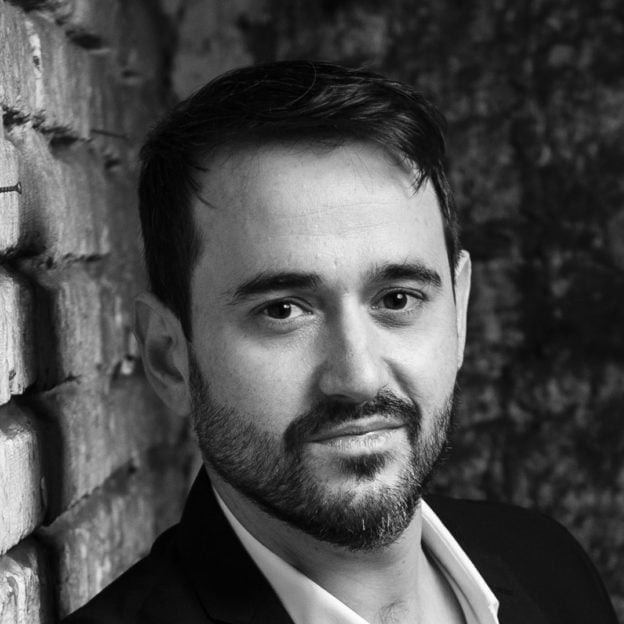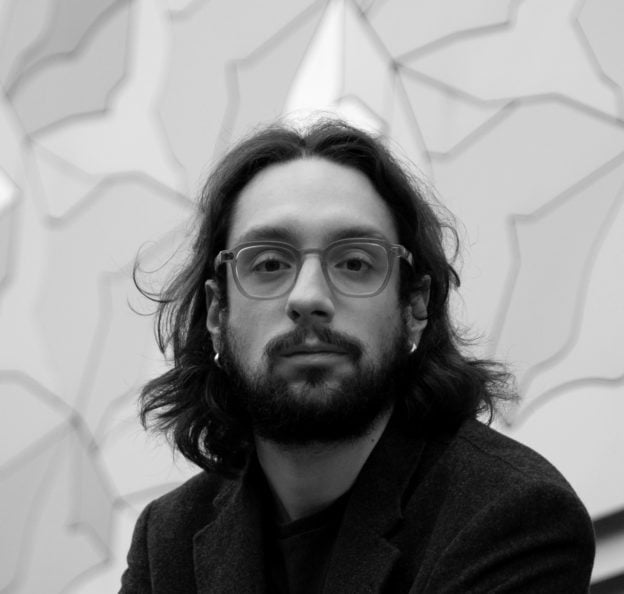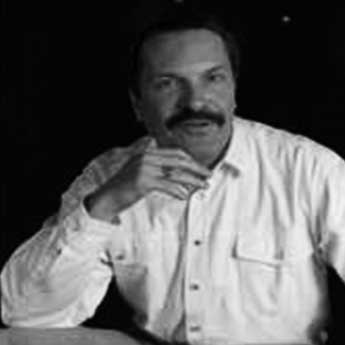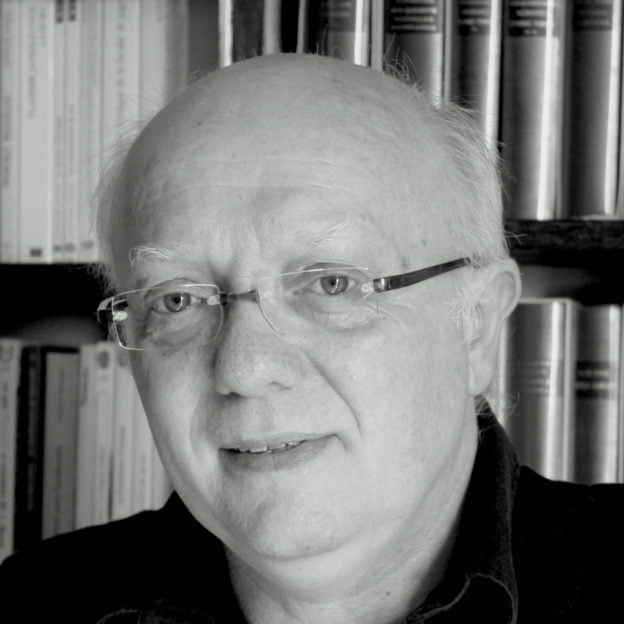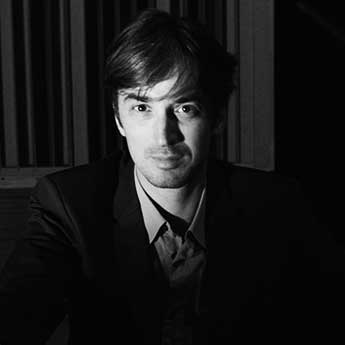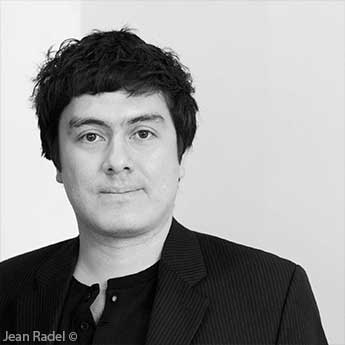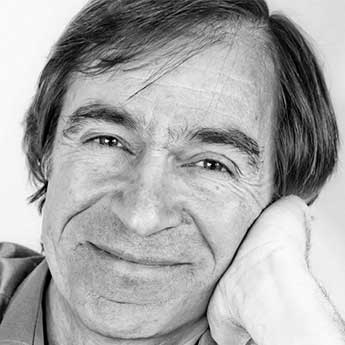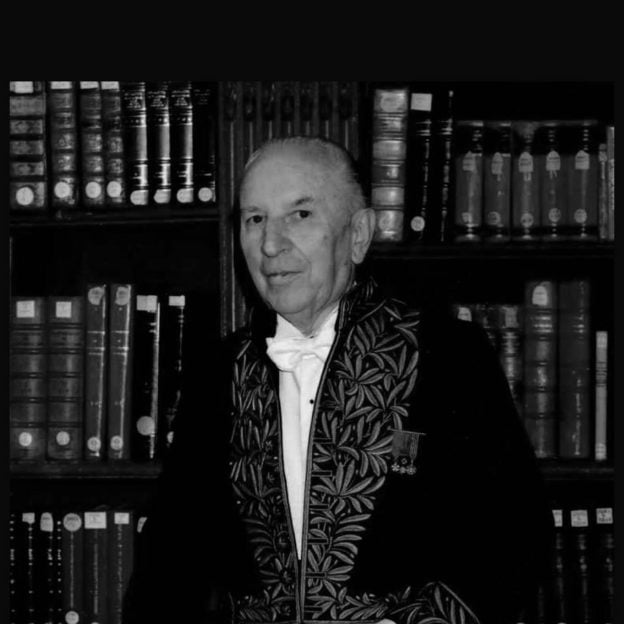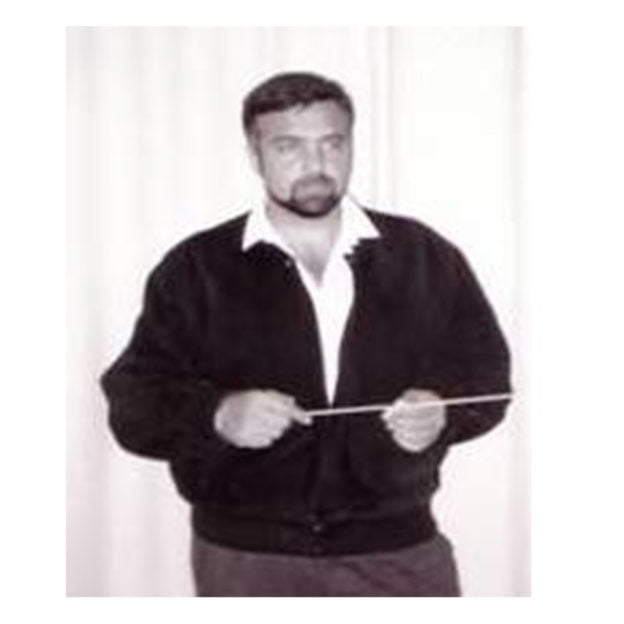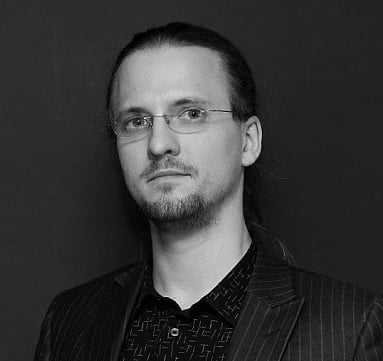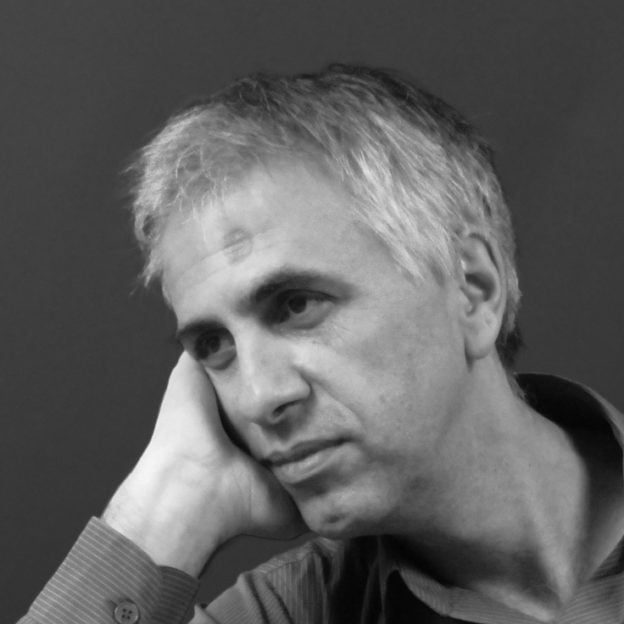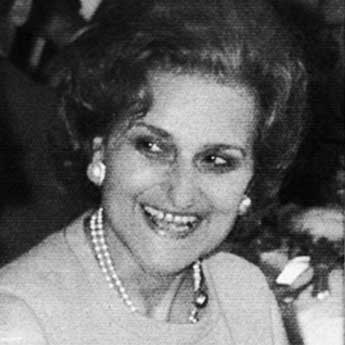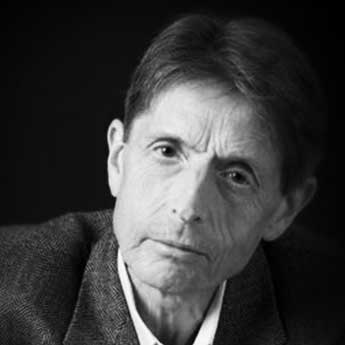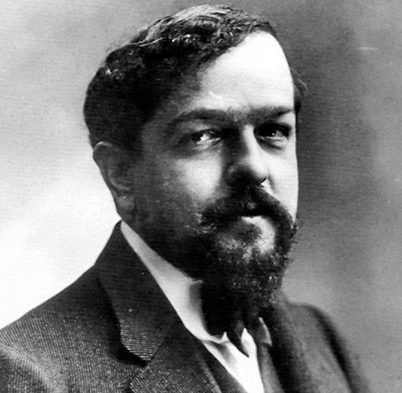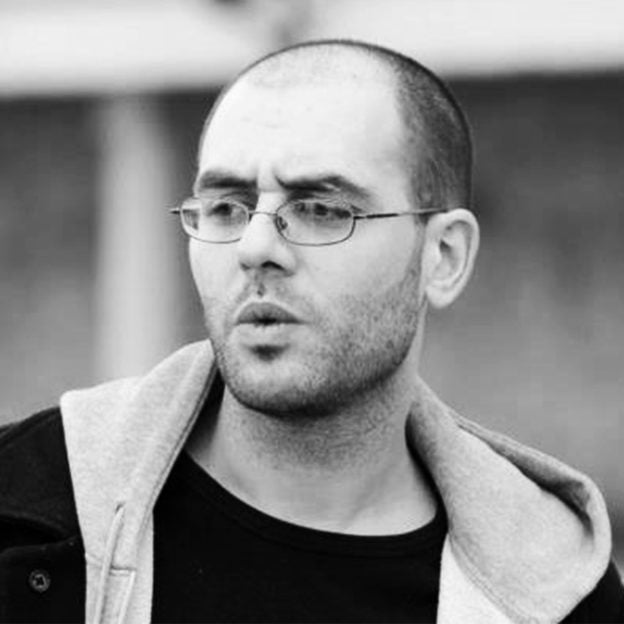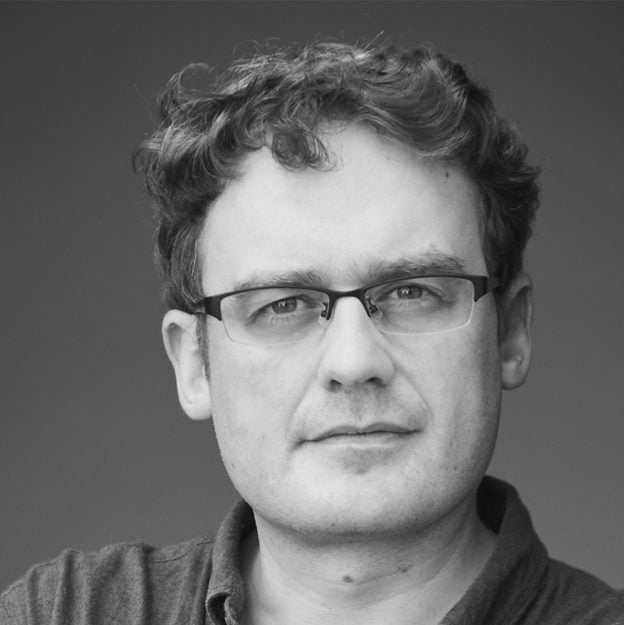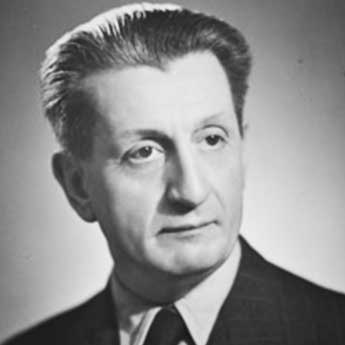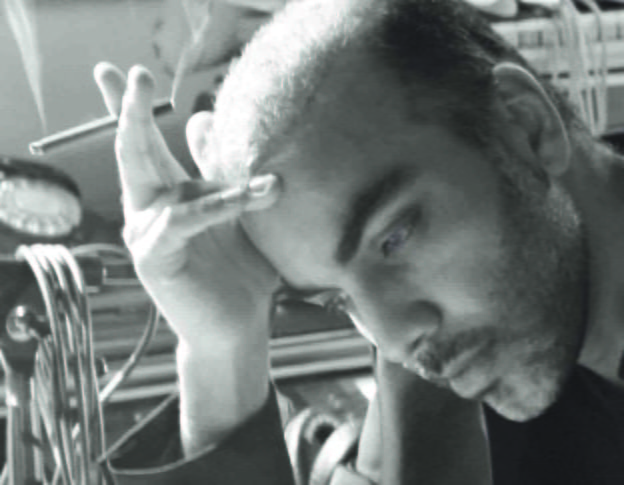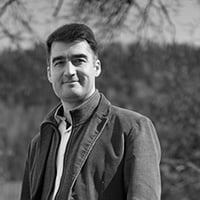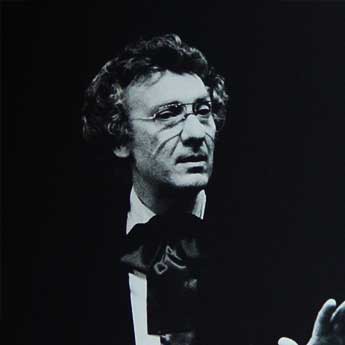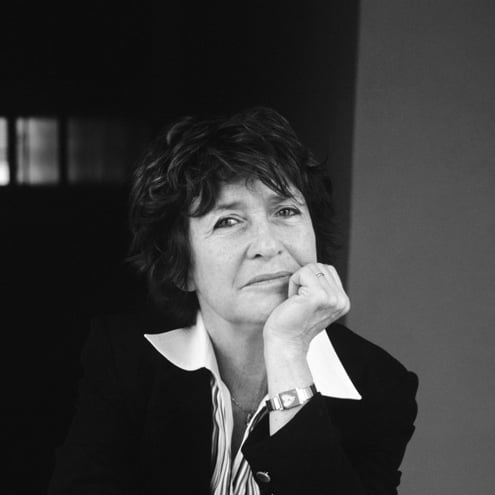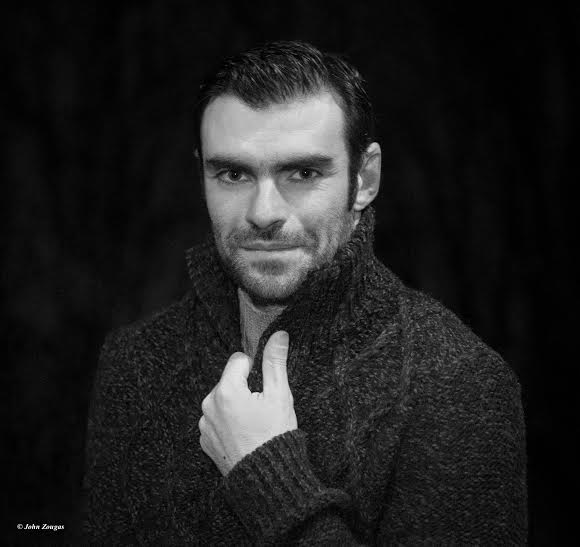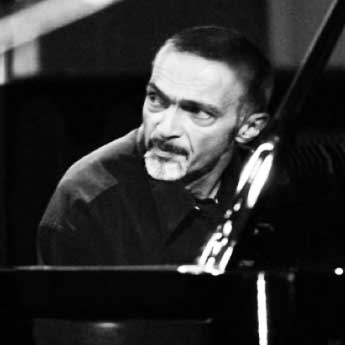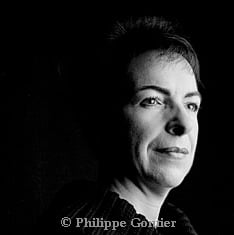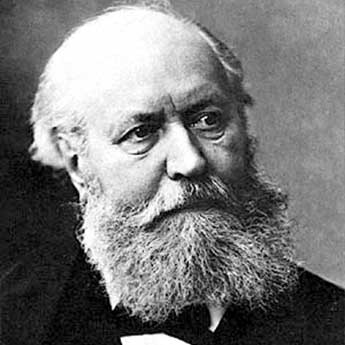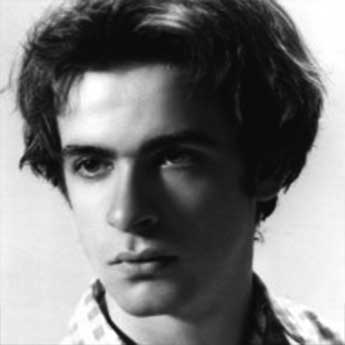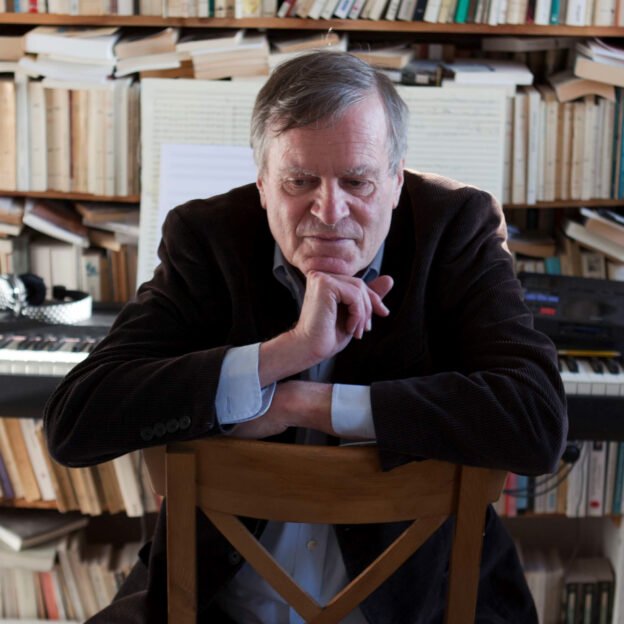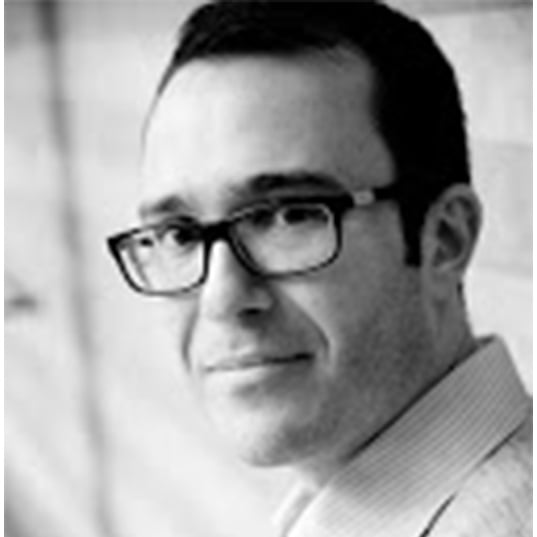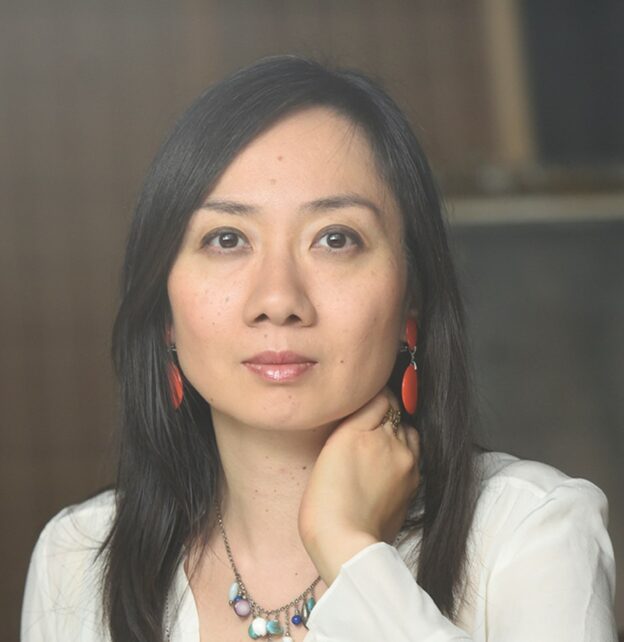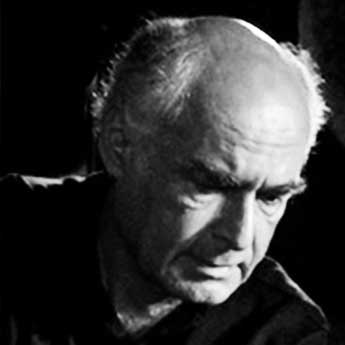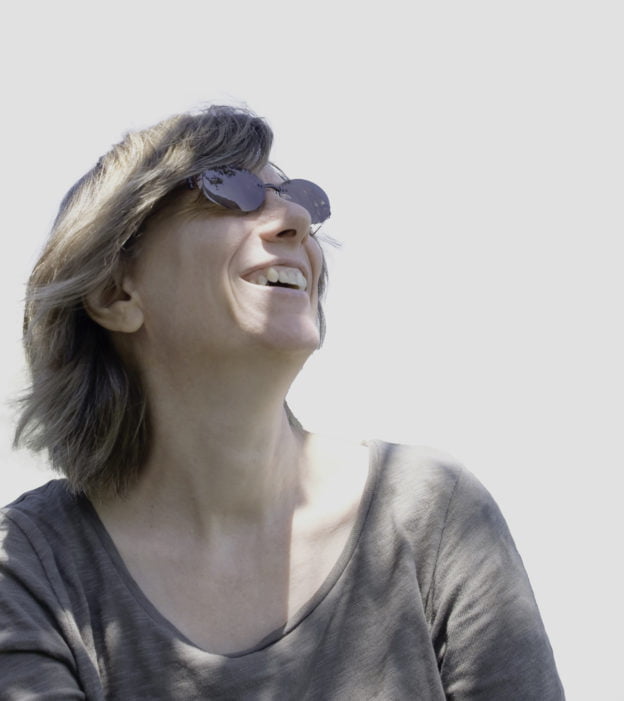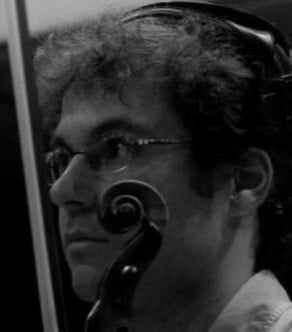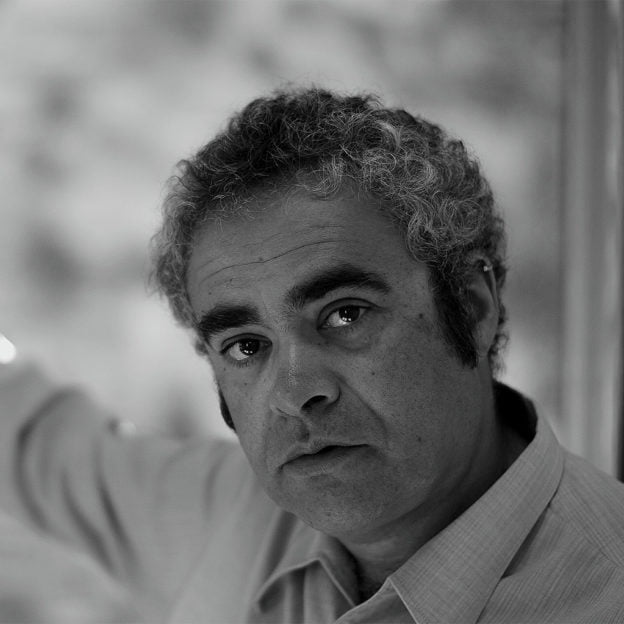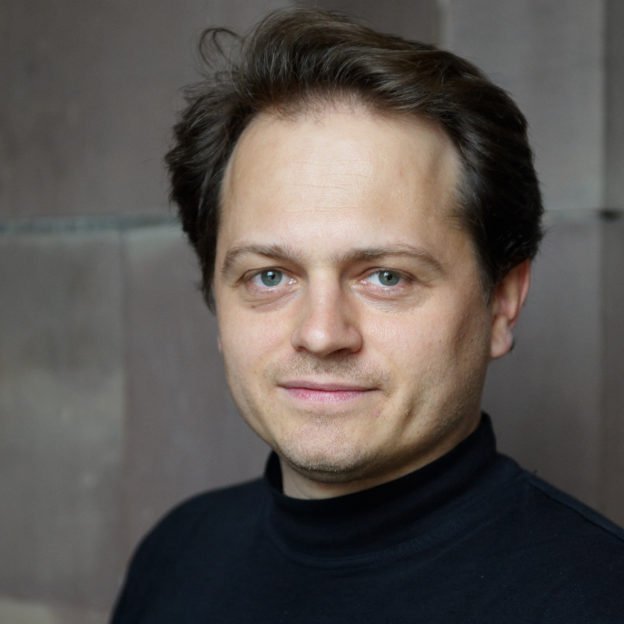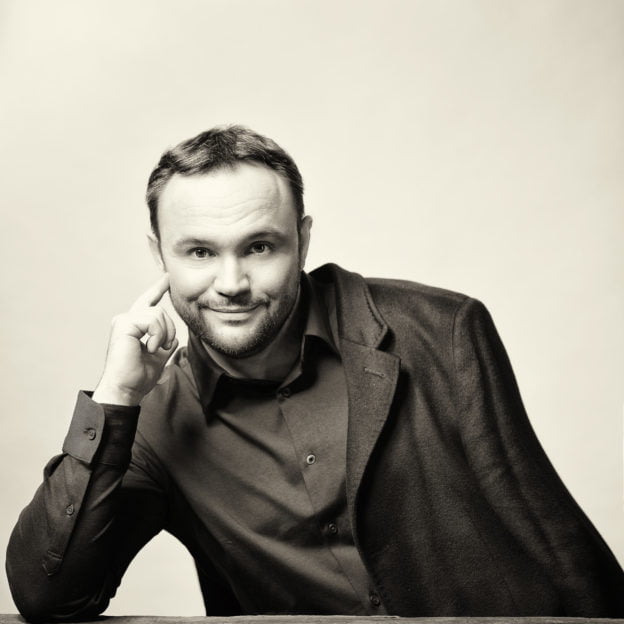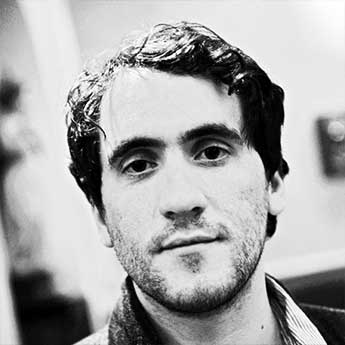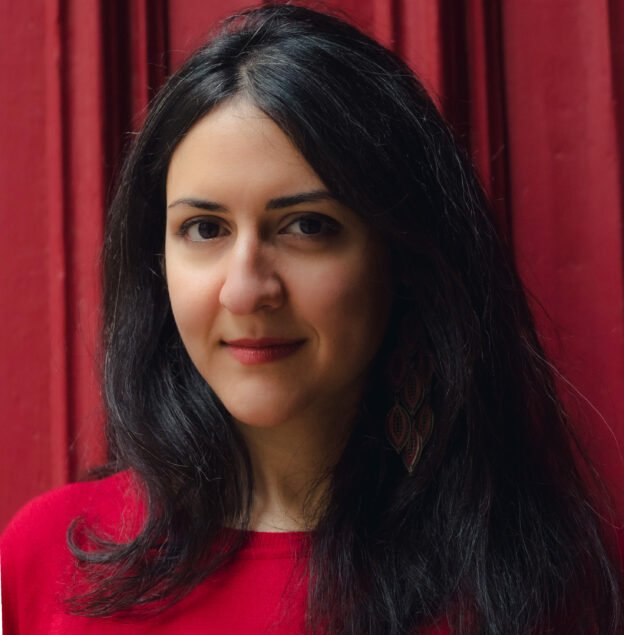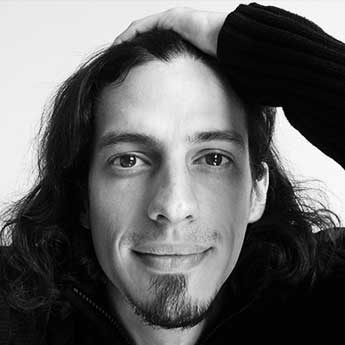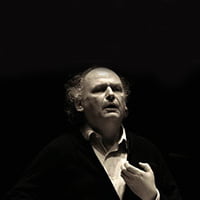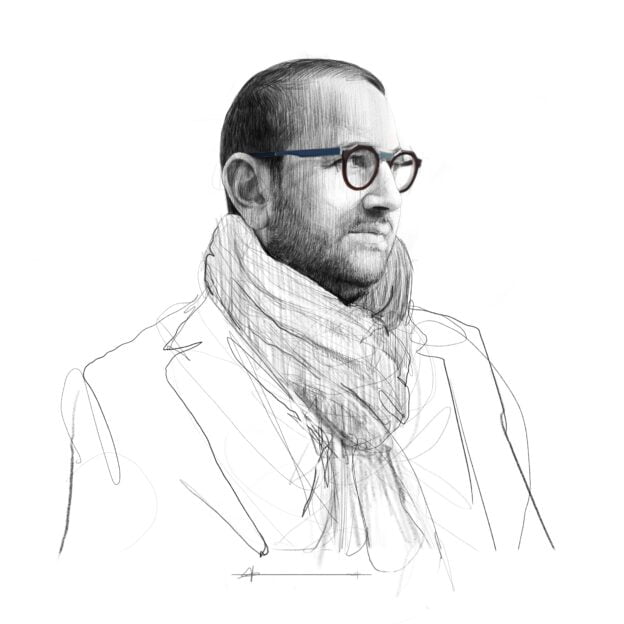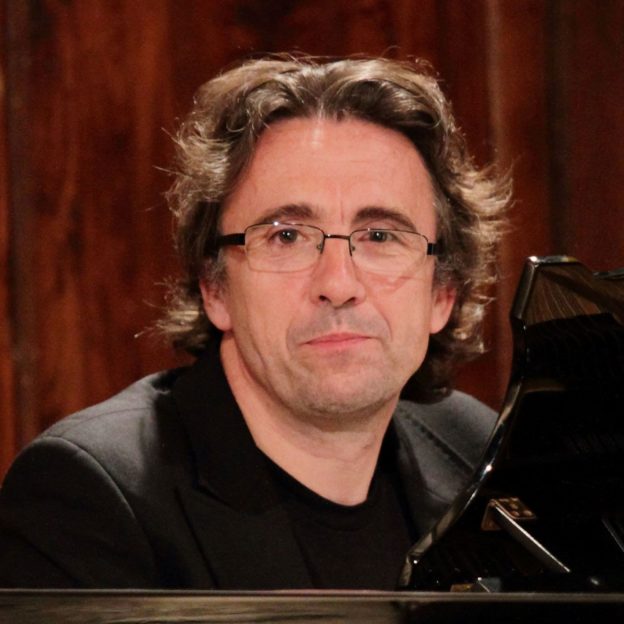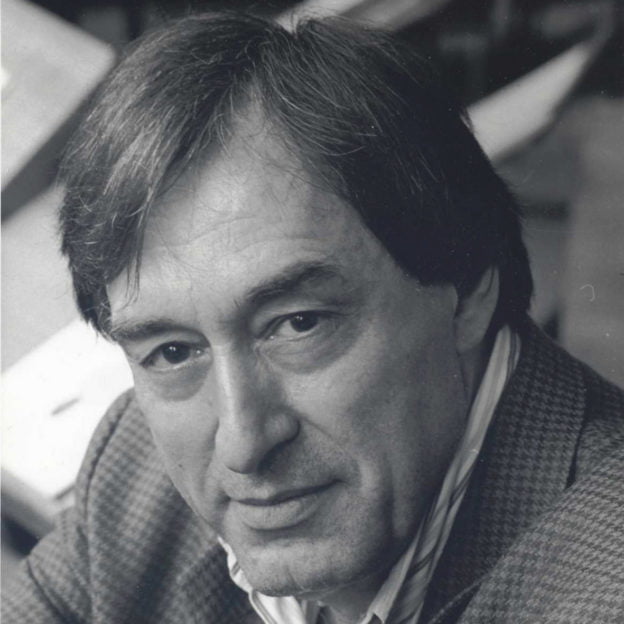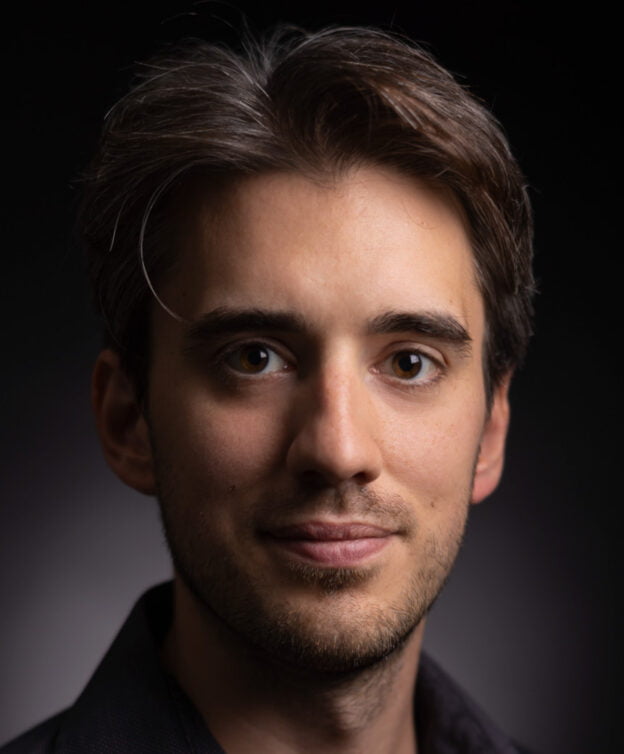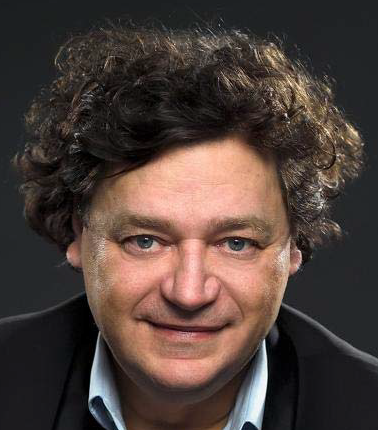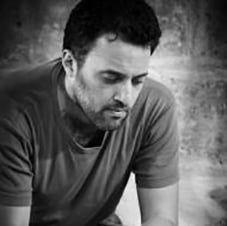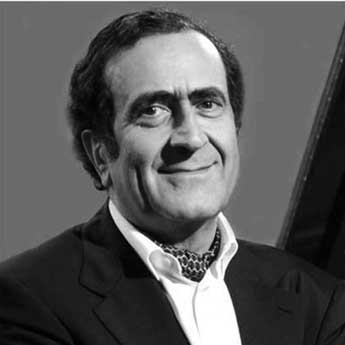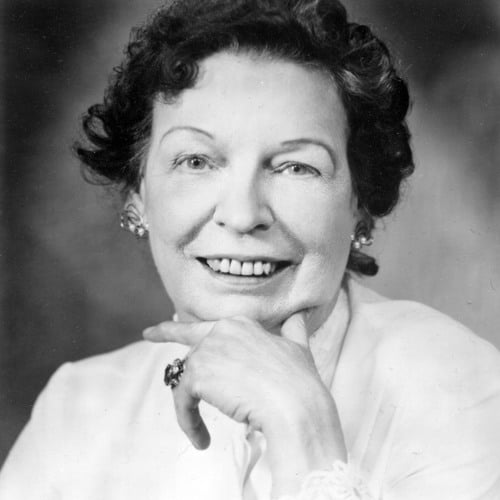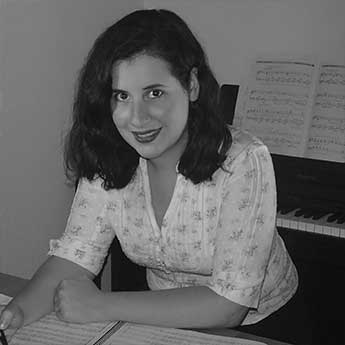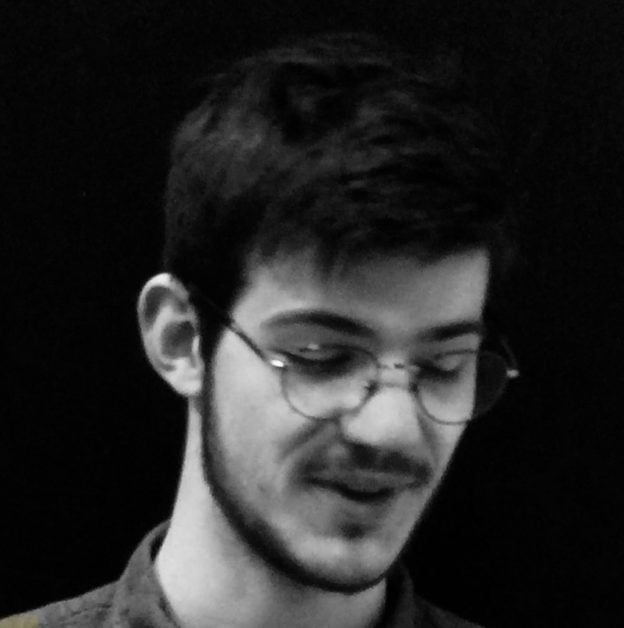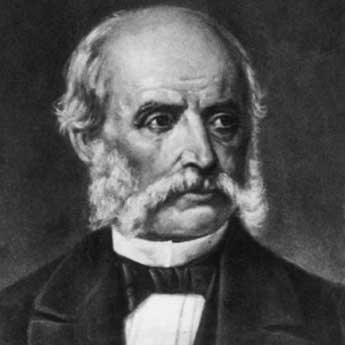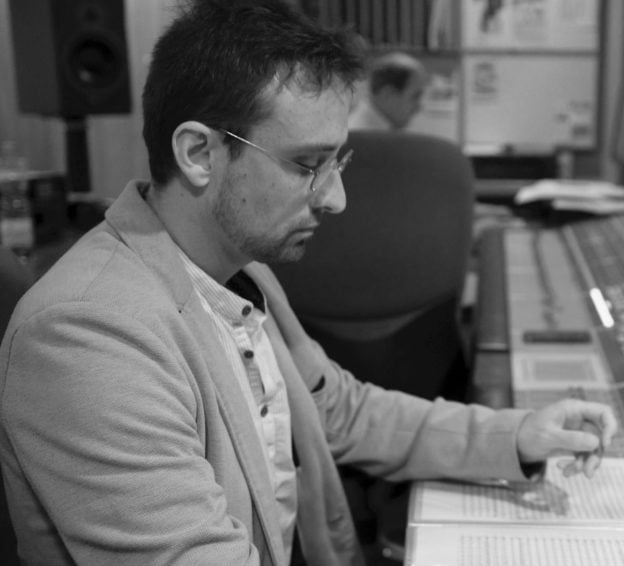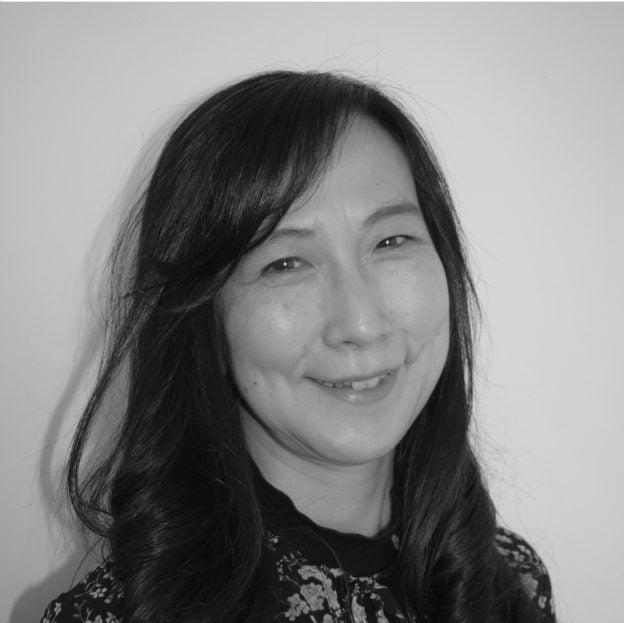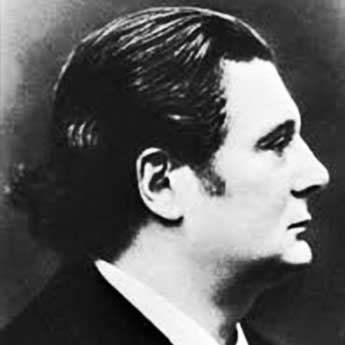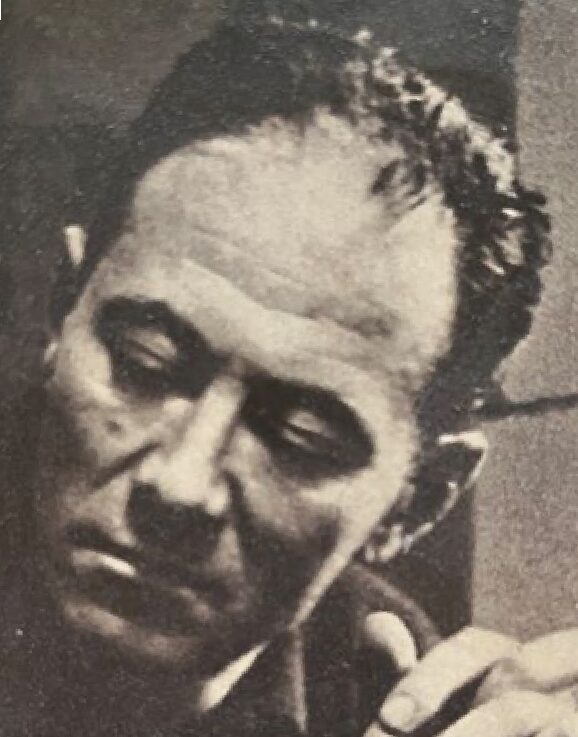
LEIBOWITZ René
Fifty years after his death, René Leibowitz’s presentation as a composer is over! Recognized as a theorist of twelve-tone music, his essays Schoenberg et son école (©1947 J.B. Janin) and Introduction à la musique de douze sons (©1949 L’Arche) were landmark texts of the avant-garde.
Initiator and first conductor to interpret the works of the Viennese School in France, his output remains, for the most part, unknown, even to the disciples and friends of his time.
of his masters – Schoenberg, Berg and Webern – we know very little about what he thought of his own music. Generally speaking, he saw his works as the logical consequence of the evolution of contemporary musical language, while remaining faithful to tradition, in the best sense of the word.
Compositions
Biography
Fifty years after his death, René Leibowitz’s presentation as a composer is over! Recognized as a theorist of twelve-tone music, his essays Schoenberg et son école (©1947 J.B. Janin) and Introduction à la musique de douze sons (©1949 L’Arche) were landmark texts of the avant-garde.
Initiator and first conductor to interpret the works of the Viennese School in France, his output remains, for the most part, unknown, even to the disciples and friends of his time.
of his masters – Schoenberg, Berg and Webern – we know very little about what he thought of his own music. Generally speaking, he saw his works as the logical consequence of the evolution of contemporary musical language, while remaining faithful to tradition, in the best sense of the word.
In interviews with Michel Philippot in 1968 – a former student of his – rebroadcast on France
Culture in 1973, a year after his death, he said: “My music is quite consciously based on the teachings of Schoenberg, Berg and Webern, and has evolved in the sense that, I would like to believe at least, their music itself would have evolved. Schoenberg and Webern – and Berg too – wrote only a very small number of twelve-tone works, since their activity in this field was relatively short… in many respects they only opened doors, they certainly didn’t close them. And I believe in the possibility of continuing along this path.
But, as in at least one similar situation in the past (Bach, for example), he was virtually alone in wanting to continue down this path. The post-war moment in history
and then, the 50s and 60s being full of the ferment of rejection of tradition, after an initial period of great interest
interest and discovery, a whole generation of young composers,
following in the footsteps of Boulez and Stockhausen, decided to distance themselves from Schoenberg-style twelve-tone music.
News
No news available
Events
No event available
